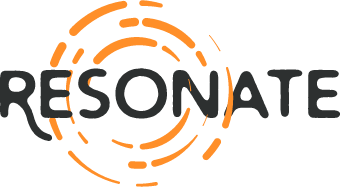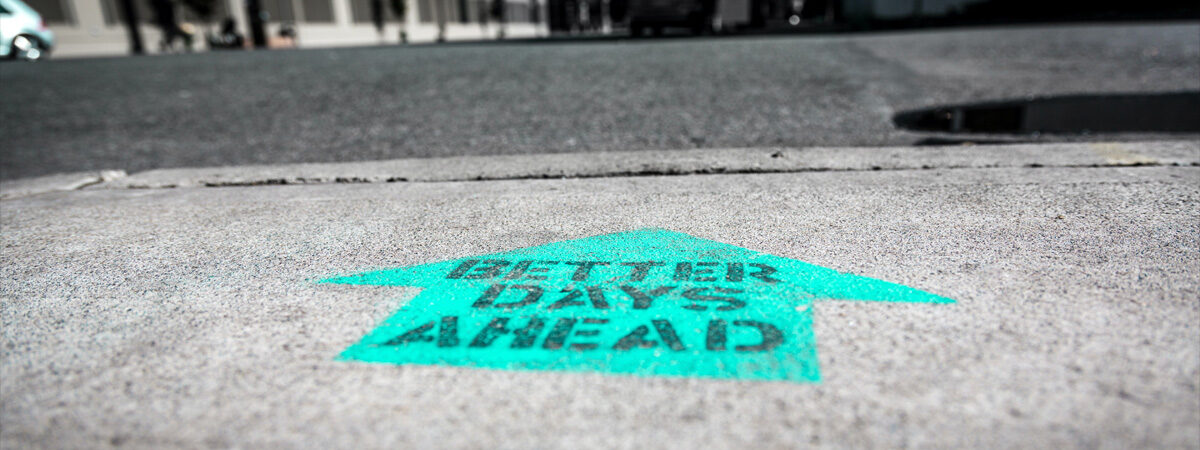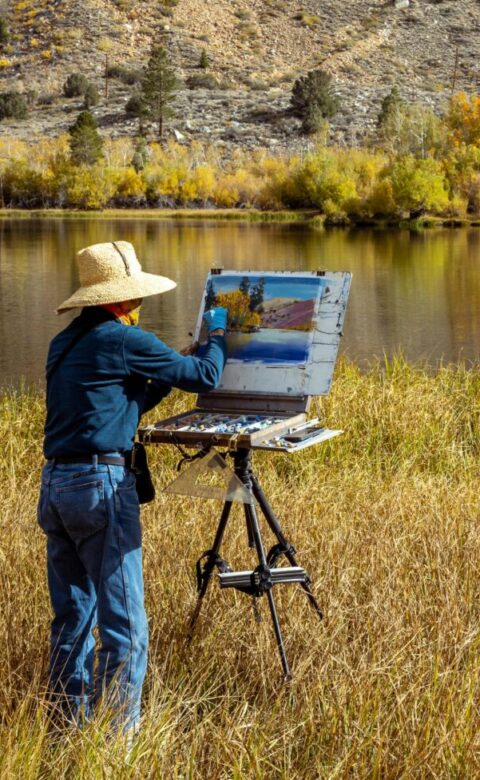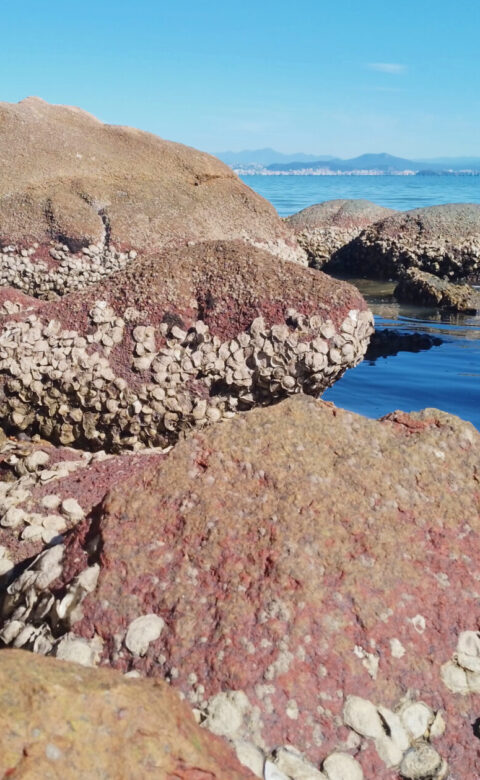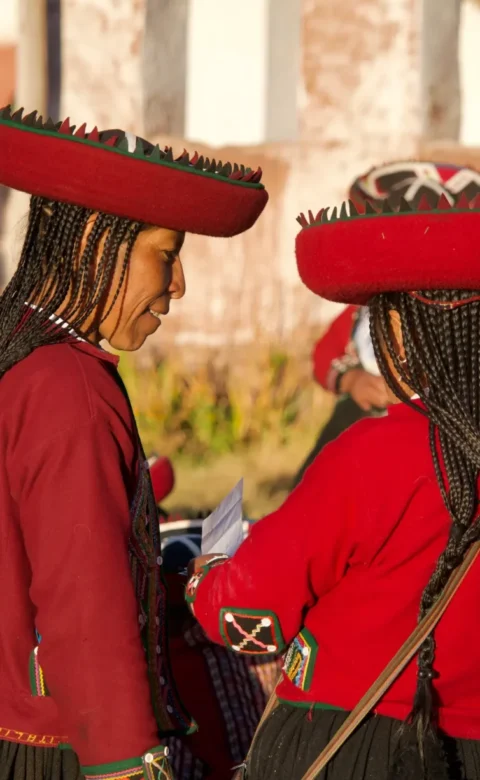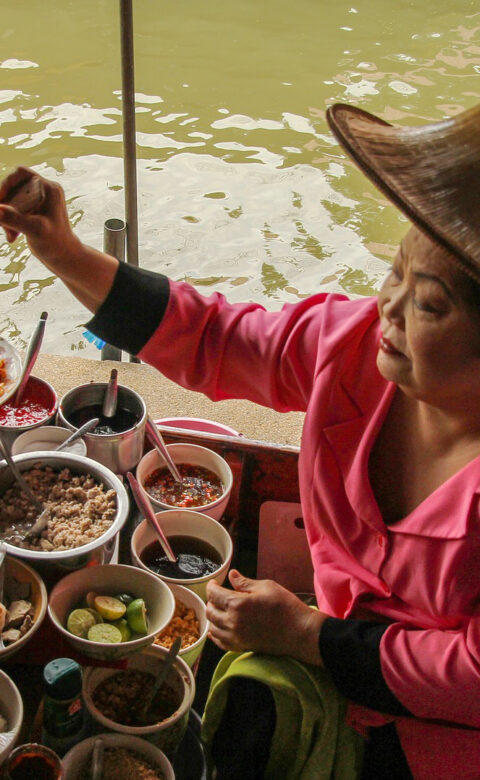The recent earthquakes in Turkey and Syria remind me acutely of 2015 and the devastating earthquake of similar magnitude that hit Nepal that year. The current crisis recalls feelings of the energy in the country at the time as everyone joined hands to help, of the outpouring of generosity from around the world — and also of the confusion it created around who to support.
It always happens. We want to help financially and with in-kind donations, and there are inevitably several issues that throw up obstacles — like customs regulations that block in-kind support in Nepal. Government regulations thwart financial support as the government rightfully wants to control the rescue and rehabilitation works. Then there is the uncertainty around knowing who is trustworthy and can be relied upon to receive and distribute this support. Funny: we want to help, but it’s difficult to do.
Here are some thoughts I compiled based on my experience. It might be useful — or not, that depends on individual countries and the type of disaster — but it does put some factors into perspective.
1. Ignore the media: find someone reliable on the ground to speak to, and learn about the situation directly from them.
The media only leads when it bleeds. They pounce in when it’s fresh and gory, and then disappear, leaving the image of the country in shambles. The only reliable information comes from people on the ground — especially those involved in the concerted efforts that usually happen through government and civil society during disasters. They will guide you on what is really required, and precisely how to help. Remember, however, that the number of spam requests grows exponentially when disasters strike. Turkey is already facing spammers trying to utilise the disaster to gain financially.
2. Be careful of what you send, especially in kind. It might not be what’s actually required on the ground, and may just cause more problems than it solves.
In Nepal, we received tonnes of in-kind contributions that could not be used, some because they were just not practical — e.g. supplies of toilet paper rolls in a country that uses water instead of toilet paper. Others didn’t suit culturally, like second-hand clothes in a place where people are so proud, they rarely wear something that someone else has worn before. It did not help that in Nepal donated goods still have to go through a government process, to prove that they are not arriving for sale. Due to well-meaning missteps and red tape, piles of donated items stood at our airport for months, unutilised.
Remember also that unlike a flood, or a hurricane, the belongings are still there in most cases — just buried. Dig enough, and you can get to it.
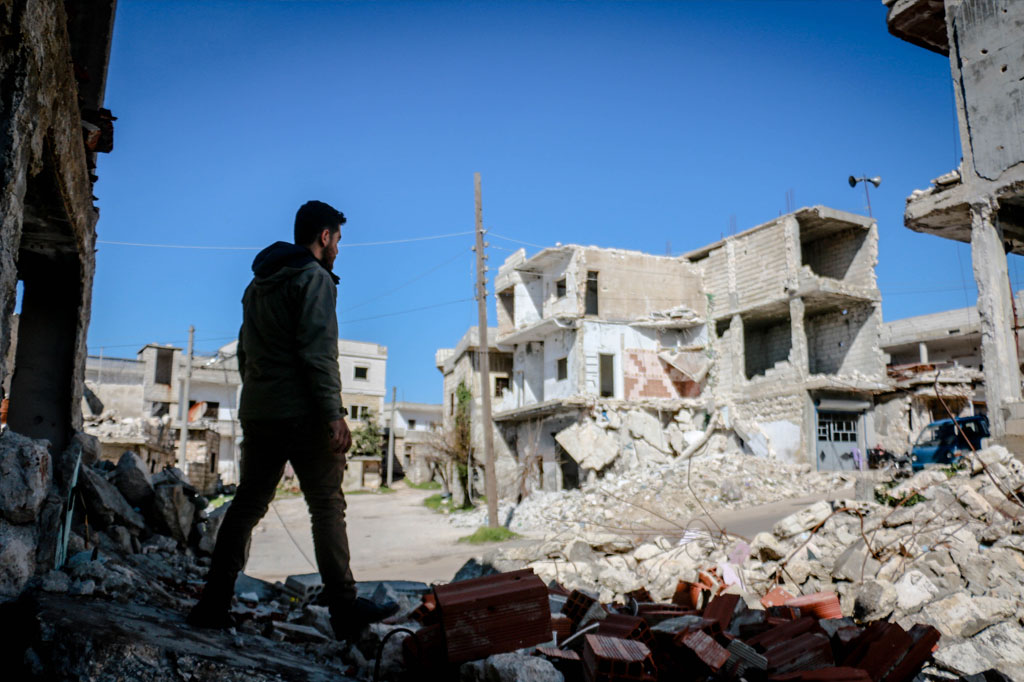
3. When sending funds, find out who can be counted on to utilise those funds efficiently to actually deliver on the ground — instead of using them for disproportionate administrative costs.
In Nepal, we found that citizen initiatives were one of the most direct and fastest responses. As an adventure tourism operator, I also realised that adventure companies are uniquely placed — they usually have trained manpower, necessary equipment and the nature of the business means they have the reach and expertise to go into difficult areas and quickly deliver what is required.
4. Do not share news without carefully vetting the story (and the source).
There is so much out there, sometimes we are not even sure whether it comes from the right area, or is the relevant news, and sharing on auto-pilot does not help at all. It amplifies false information and creates an inaccurate impression, which then becomes really difficult to set straight — distracting from the clarity and focused response that’s required.
5. When the time is right, travel into the country.
Tourism is a great way to lend support — as money goes into the hands of small businesses, and the government makes the much-needed foreign exchange. Remember that when there is a natural disaster like an earthquake, the effect is localised, and does not condemn the whole country. You have to time it right, and not immediately go while the focus is on response and recovery. To choose the best time, again, contact people on the ground who know when it’s opportune to arrive. Countries that have recently had disasters have incredible energy fuelled by people working together to solve a common problem. It’s a great opportunity to learn and have hope in humanity, again.
To qualify my thoughts on this burning issue, each country is different, and each disaster has its own nature — so everything I’ve noted here has to be carefully analysed and put into perspective.
My only hope with this article is to get you to think and hopefully help put good intent into positive action, using some guidance coming from actual experience.
The recent quakes that have struck Turkey and Syria were utterly devastating; we feel it’s our duty to help in some way.
The adventure travel community is rallying together via the Adventure Travel Trade Association, where we are a member. Our friend and Adventure Champion, Hike’n Sail Turkey, has been sharing tragic updates, including the loss of many adventure guides who had gathered for training in Southern Turkey.
Tour operators often have the equipment, personnel and medical training to help in a crisis. They are sending volunteers to the disaster area with winter gear and tents, and could use help purchasing desperately needed supplies at cost.
💗 If you can, please donate or share the GoFundMe link… or both. 💗
